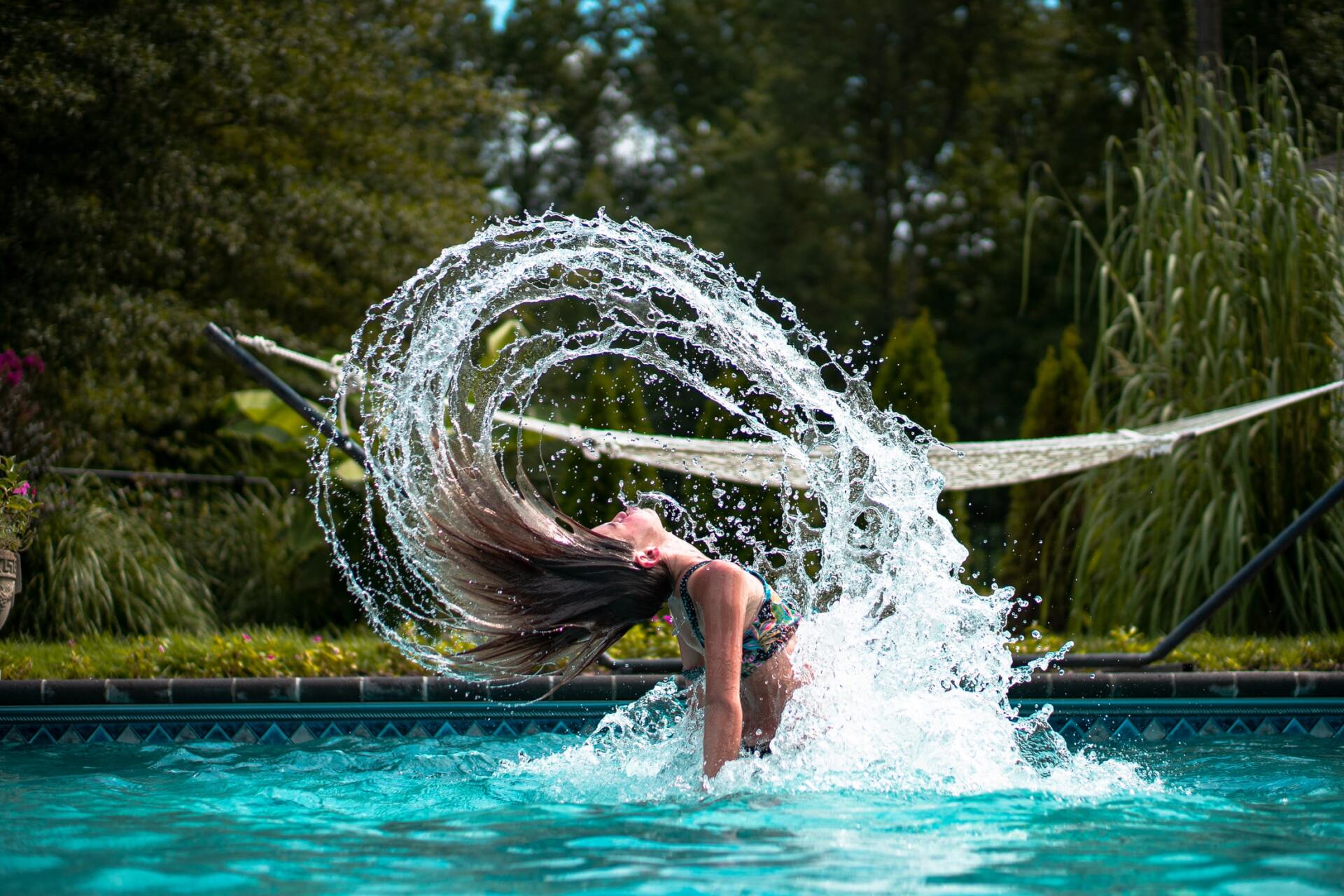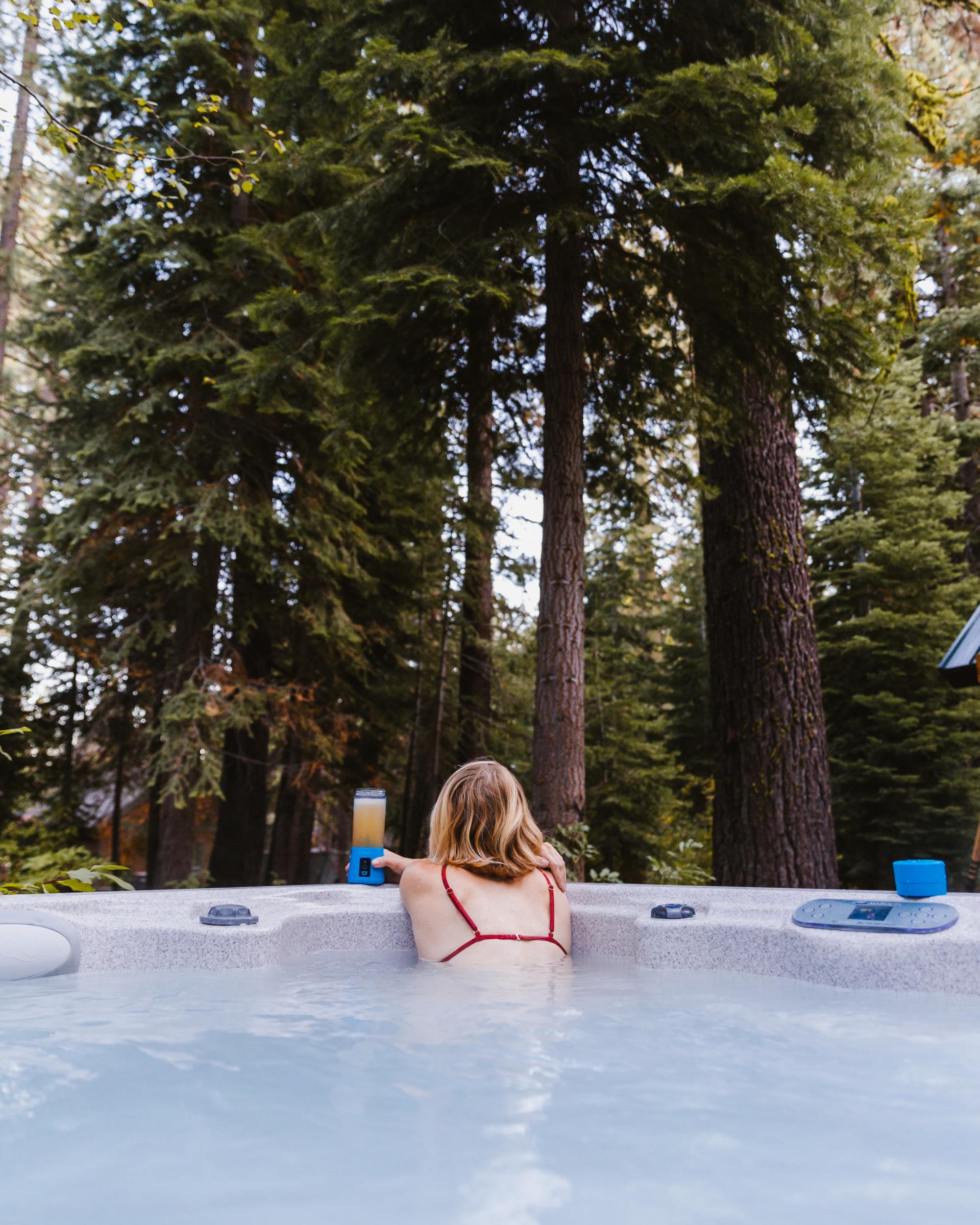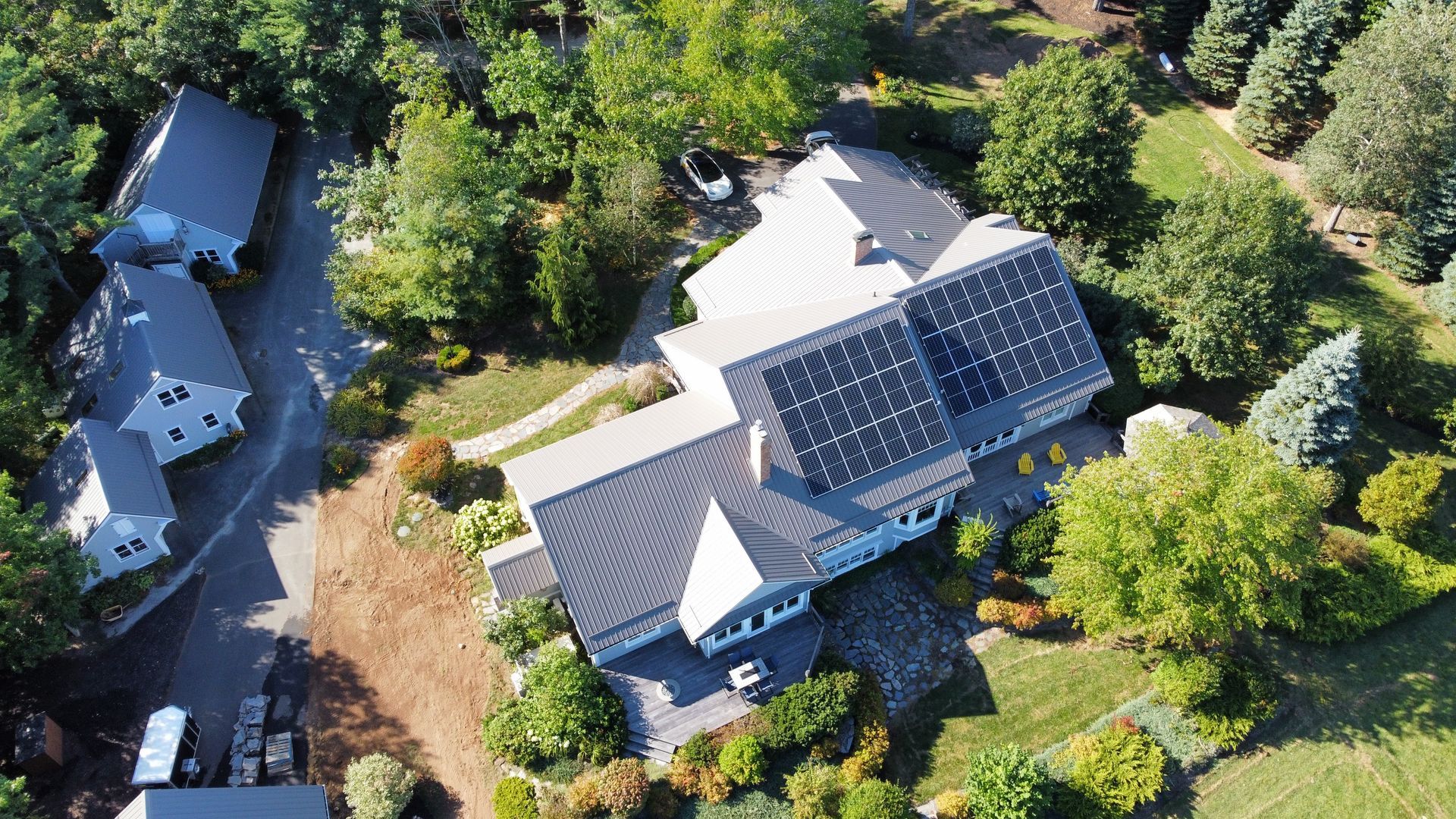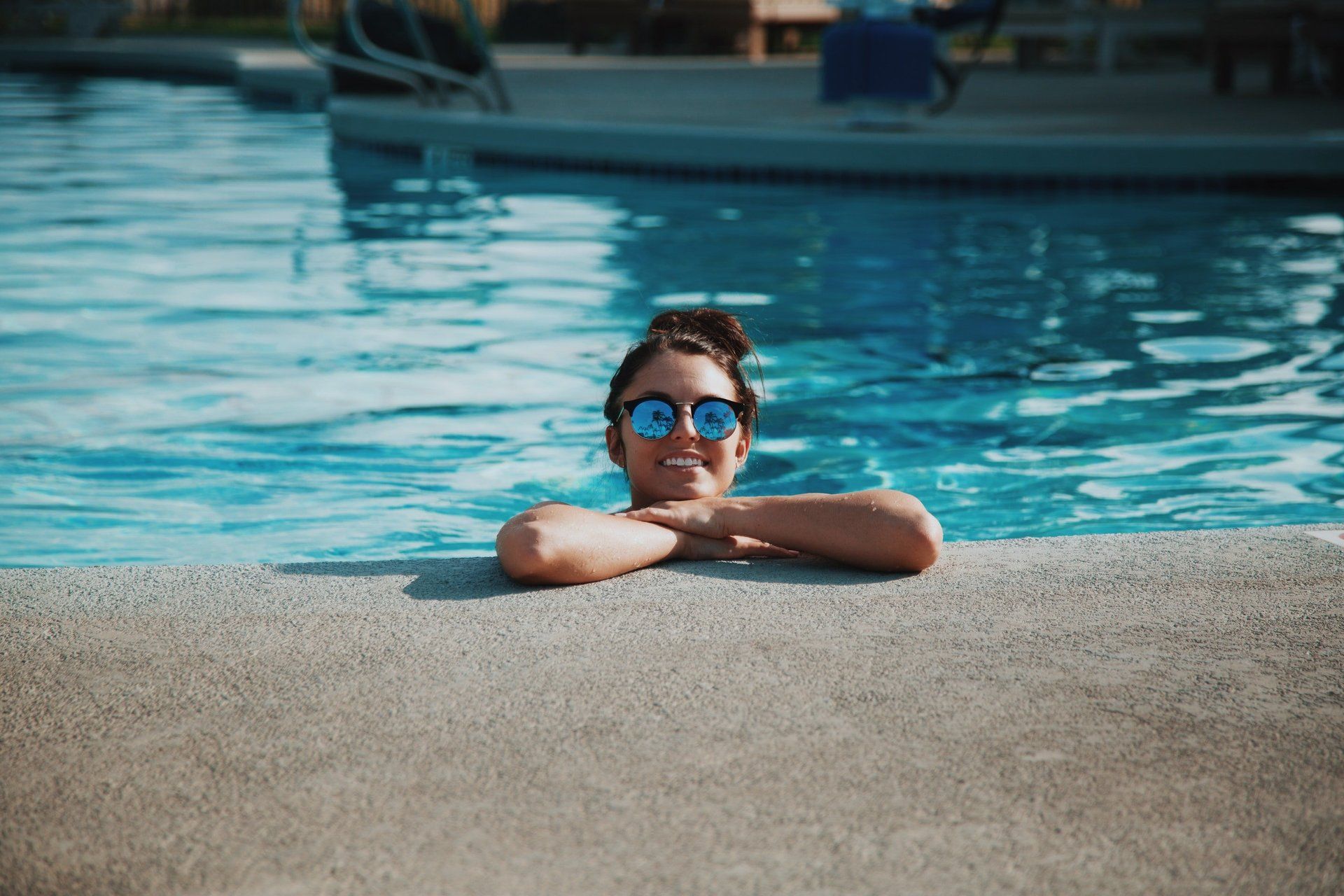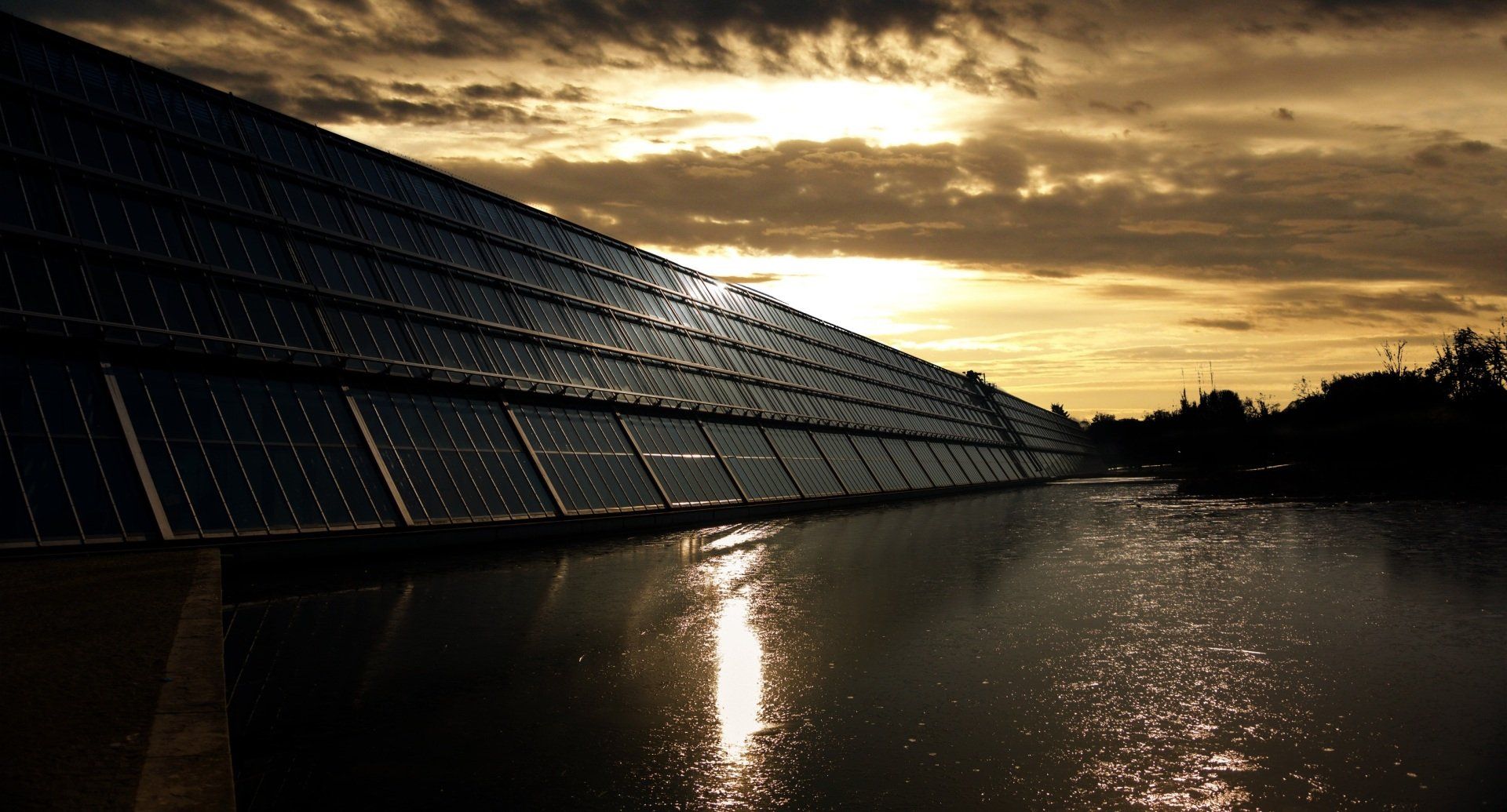By Brian McKay
•
14 Jul, 2022
As green energy becomes more popular, the demand for domestic solutions that exploit renewables keeps growing. For that reason, many alternatives are now available to homeowners who want to reduce their carbon footprint and save on their energy bills. If your choice of energy source happens to be the sun, you might already know that two systems are available today: solar panels and solar water heaters. While they both work by absorbing sunlight - and thus need to be placed on your roof, their similarities end there. In fact, they are two very different products .Let’s have a closer look at these two technologies Solar Hot Water Solar water heating technology uses the heat from the sun to heat water. Solar water heating systems capture heat from sunlight via a solar thermal collector – a low-profile box similar to a solar photovoltaic panel that sits on your building’s roof or in an open area that receives ample sunlight .Small tubes that allow water to flow through the collector are inside the thin box. The collector is deliberately made using black materials to collect as much heat from sunlight as possible .As water passes through the small tubes inside the solar thermal collector, it collects heat, increasing the temperature of the water inside the storage tank. This water can be used for showers, baths, heating a swimming pool, or even underfloor heating Solar PV Instead of only offering solar water heating, solar photovoltaic panels provide an eco-friendly, cost-effective and efficient source of electricity. Solar panels produce electricity by converting sunlight into a direct current (DC) which passes into an inverter. The inverter converts this DC electricity into usable electricity for your home or commercial building. Solar PV Vs. Solar Hot Water: Which is Better? Solar PV panels offer a number of advantages beyond solar water heating. Due to their simpler design – solar photovoltaic panels have no moving parts – they need little long-term maintenance. Solar water heating is a temperamental thing. Water weighs a lot, it expands when it freezes, and it can cause scaling damage to pipes when it boils. Solar thermal systems are wonderfully efficient, and some systems work just fine for decades, but even these need regular inspection. When a solar thermal system fails, however, it sets about destroying itself, and it has been clear for some time that solar thermal water heating is not the way of the future except for very low-end heat usage, like swimming pools. Technically, solar water heaters use sunlight more efficiently than photovoltaic systems, partly because of the complex series of interactions that happen in the photovoltaic panel. In addition, the silicon used in photovoltaic systems can’t use as many wavelengths of light as the water heater, so some light goes to waste. Technicalities aside, however, photovoltaic systems are the better choice for the vast majority of consumers and the environment. That’s because some energy used to heat the water goes to waste as it cools off in your basement. Photovoltaic systems, on the other hand, don’t waste surplus energy. Electricity demand peaks at different times depending on the time of year and local weather. But, for the most part, we put the most stress on the grid when the sun is up and producing kilowatt hours, especially in the summer. And even if your roof panels produce more energy than you can use, the surplus feeds back into the grid, displacing energy that would have been produced by coal, gas, or nuclear plants. (Your electric supply is a two-way street. Just like the power company can push electrons into your home, you can push them back out.) In other words, a rooftop photovoltaic system can spread its benefit across the entire energy grid. Solar water heaters help only a single household. Final Verdict A PV System and a Solar Thermal System are both fantastic renewable energy choices that also have economic benefits, but if your heat and water bills are higher in our Canadian winters and you would also like to turn your electricity bill into a possible source of income, then the likely choice would be a solar PV system.

